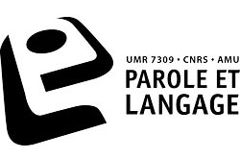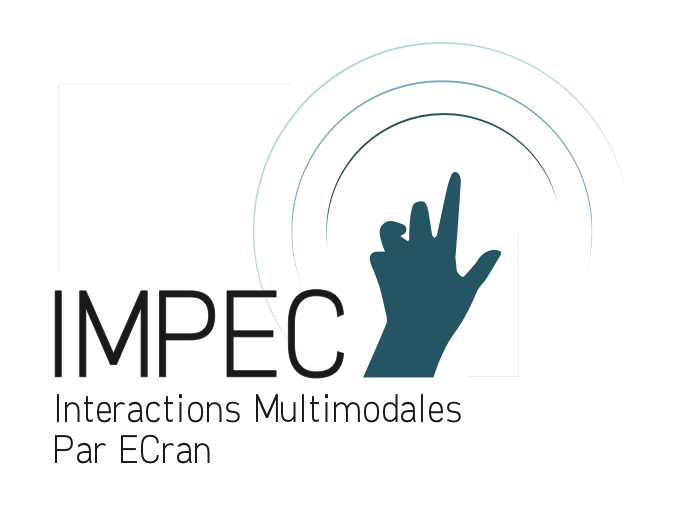Vendredi 13 février 2026
Séminaire de l’équipe VESPA
Héloïse Baglione
(Université Laval, Québec)
Compréhension de la prosodie affective : du vieillissement normal au vieillissement pathologique (le cas de la maladie de Parkinson)
10h30 LPL, salle de conférences B011
Séminaire ouvert à tout le monde
Résumé :
La compréhension de la prosodie affective (CPA) correspond à la capacité à accéder à l’état émotionnel du locuteur uniquement via l’intégration des caractéristiques acoustiques de sa voix (i.e., hauteur, intensité, durée). Ce processus se fait indépendamment d’autres facteurs pouvant affecter la compréhension du message comme le contenu sémantique ou les expressions faciales. Le fonctionnement de la CPA a été récemment décrit par un modèle cognitif qui modèle subdivise la CPA en trois composantes cognitives sous-jacentes : (1) perceptuelle, (2) lexicale et (3) sémantique (Wright et al., 2018).
Dans le cadre du vieillissement normal, plusieurs études ont montré que les personnes âgées avaient de moins bonnes performances que les personnes jeunes dans les tâches évaluant la CPA. Dans un contexte de vieillissement pathologique, un déficit de CPA a été retrouvé dans plusieurs populations cliniques présentant des pathologies neurologiques acquises du vieillissement et notamment chez les personnes vivant avec la maladie de Parkinson. Toutefois, la littérature n’est pas claire en ce qui concerne les processus cognitifs sous-jacents expliquant ce déclin (vieillissement normal) ou ce déficit (vieillissement pathologique).
Ainsi, cette présentation abordera l’évolution de la capacité à comprendre les émotions par la prosodie au cours du vieillissement normal et pathologique (cas de la maladie de Parkinson) en lien avec le modèle cognitif de Wright et al. (2018) et à travers les résultats de deux études de groupe expérimentales.










